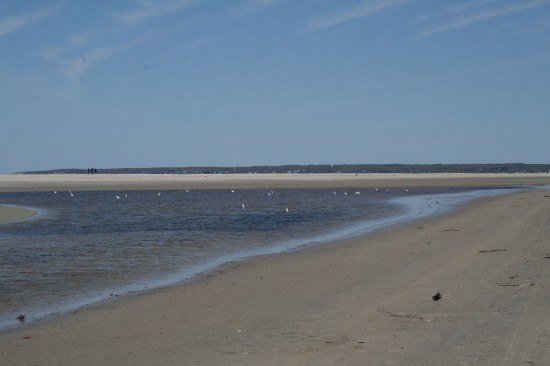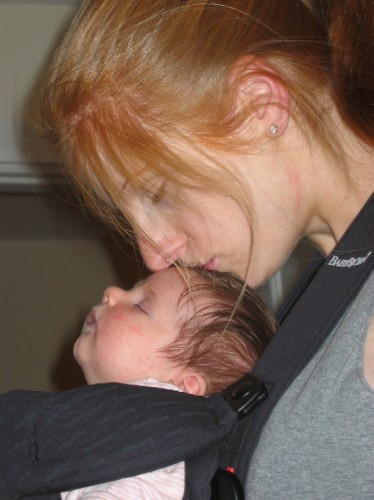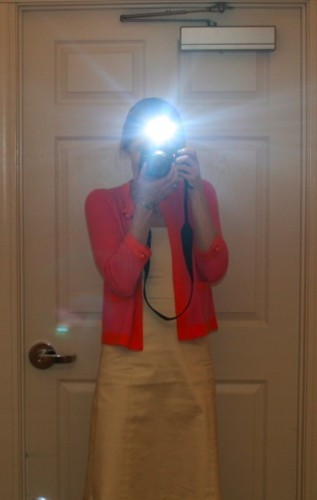
The tension – and the dance – between stillness and motion is one of the central themes of my life, my writing, my self. It’s a line I walk all the time: how much activity is too much, how much stillness do I need, how do I practice being still even in a life that doesn’t stop whirling. The truth is, stillness is not instinctive for me. I am a person who moves, a lot: I fidget, I speak quickly, I move quickly, my mind is the very embodiment of the always-in-motion monkey mind. I spent my whole childhood moving around, back and forth across the Atlantic. My sport in high school was cross-country. Impatience is my default.
I am in motion. All the time.
Last week I read Kristen’s thoughtful, beautiful words about her life’s constant motion. I read the on the small screen of my iPhone as I waited for an early morning flight to New York. And then I thought about them as I stared out the open window my taxi into the city, watching the puffy clouds skid across the cornflower blue sky. I was in motion but it was the stillest I’d been in days. Sometimes I think my truest emotional and mental stillness happens when I am literally in transit: something about airplane flights or car rides sends me into a quiet, introspective state.
On the surface my life is busier now than it has ever been. I have a demanding job that I love, two children for whose care I’m primarily responsible, a book and essays I am trying to write as well as a stack of books I’m desperate to read (and those 30 magazines I subscribe to monthly). I have friendships I hold dear that I try to nourish. I run as many days of the week as I can.
I am in motion. All the time.
And yet, I feel more still inside my head than I ever have. Some of the time, that is. I guess what I mean is I feel I have the capacity for stillness, spiritually, emotionally, intellectually, in a way that is new. It is not always available to me, but there are times when I am able to focus and truly savor the moment I am living. Often, unsurprisingly (to me), this happens in those most mundane, average experiences: the sky through the open taxi window, the feeling of Grace’s hand in mine as we walk down the street, the pattern of Whit’s pajama bottoms as I shake them out and fold them.
That this sensation can come over me even in the midst of such motion and busy-ness is immensely reassuring and somehow both confusing and inevitable. For too many years I was running so fast I didn’t see anything around me. And then, for a time, I felt anguish over my inability to be perfectly calm, and I held myself to a standard of stillness that I continually failed to meet. Finally, I seem able to marry my instinctive way of being in the world with the capacity to pay close attention. And what a blessing it is. What happens to me in those moments of stillness is nothing short of a communion with the divine: I feel as though I can reach out and touch the hem of something holy.




